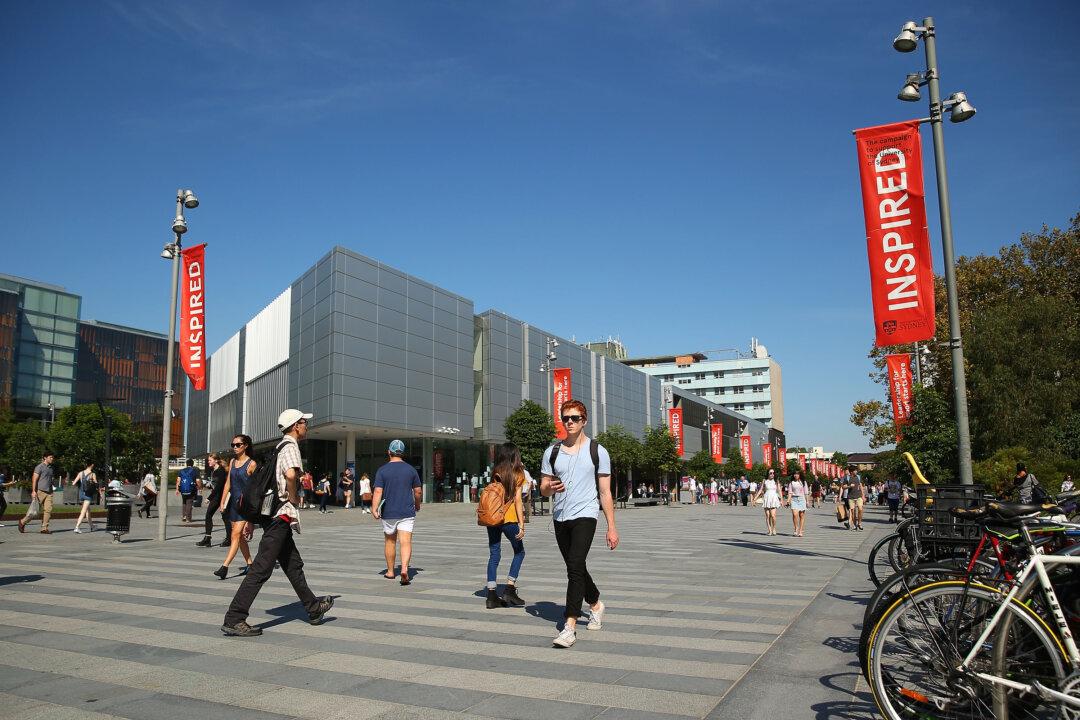Criminal groups are taking advantage of Australia’s weak education visa and immigration systems to flood the country with fake students to work illegally, including in the sex industry.
A review by Christine Nixon, the former Victoria police chief, revealed that immigration policies relating to vocational education should be reviewed immediately as they have been widely abused, and the government may need to overhaul the working visa system.




